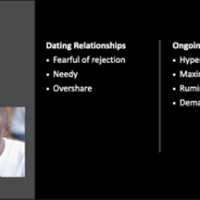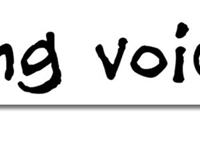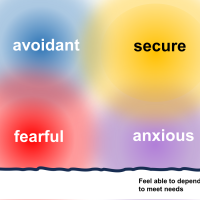 John Read says he always does what Jacqui Dillon and Eleanor Longden tell him. They they told him to talk in Cork, so he did.
John Read says he always does what Jacqui Dillon and Eleanor Longden tell him. They they told him to talk in Cork, so he did.
Here it is – John Read Cork at the Meanings of Madness Conference outlining the massive and growing body of large scale and long term research evidence showing how we go mad in response to pressures brought by the lives we live – mental illness arises as responses to things stuff that happens to us and around us.
He also has some fun jibing at how the evidence purporting to show conclusively that “mental illness” stems entirely from our faulty genes and faulty brain chemistry looks thinner and thinner; and how the contortions of logic behind some of the conclusions shoring up the bio-bio-bio myth look, well: dumber and dumber.
He presents “quite a lot of research”, which can be “a bit boring” – but its important that we arm ourselves with the truth … He also adds a few stories because, like he says the data itself can get a bit boring and we tend to make up our own meaning of mental illness from our own experiences.
“We have to confront on a daily basis a lot of nonsense:
a) that “schizophrenia” even exists , which it doesn’t.
b) that it’s a brain disease, which it isn’t. “
c) it has a genetic predisposition, which it hasn’t.
d) that everyone who gets these diagnoses which are unscientific and stigmatizing, needs to be on medications for life, which they don’t.”
“We can’t really answer all the questions with science, even though as a Professor I have to stand here and pretend we can.”



































































































I reached out to John when the research I presented on stigma and discrimination resulted in significant push back from professionals in mental health. I will never forget his advice – which was to find allies and champions and not to advocate alone. Good advice!
LikeLike
Absolutely great thank you
http://www.judithhaire.com
LikeLike
Reblogged this on Far be it from me –.
LikeLike
Wonderful…Thank you!
LikeLike
hi Barry..
nice one, glad you enjoyed it.
k
LikeLike